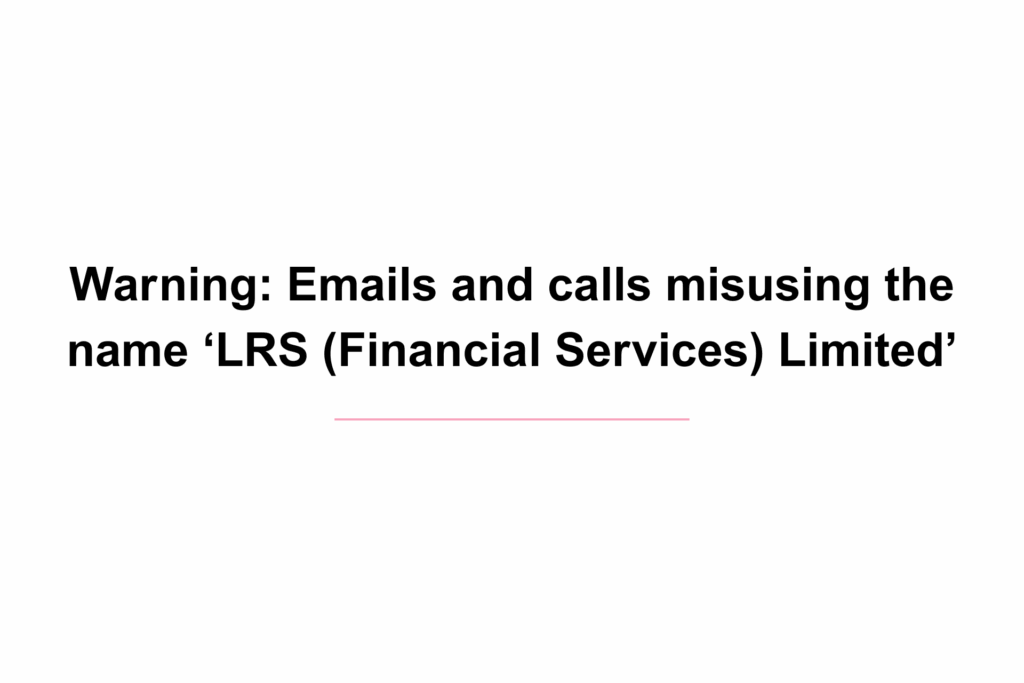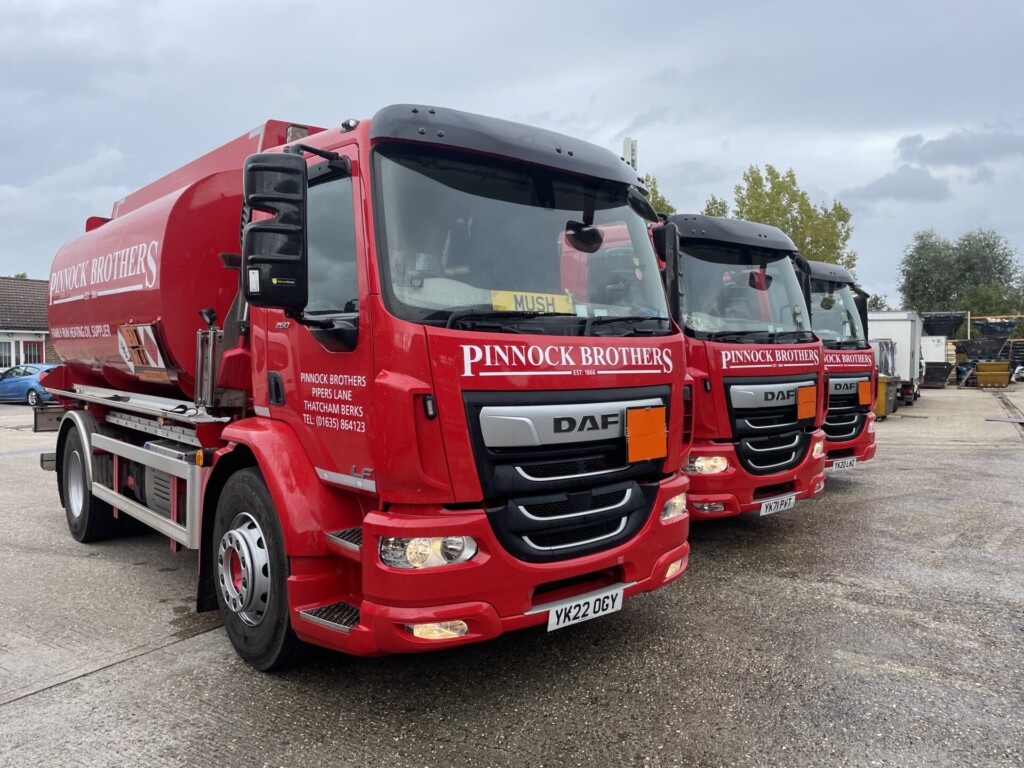A will is an integral part of a farmer’s succession planning as it sets-out plans for the distribution of assets and the farm business itself to avoid any problems for the estate.

John Rouse, partner in our Agriculture and Private Client teams, shares his advice on how farmers should go about making a will.
Farmers who have not created a will are failing to plan adequately for the future and next generation, and this omission from a succession plan can cause lasting damage to families and the estate.
In the event that a farmer dies without setting out who inherits their land or business, the rules of intestacy take over.
Intestacy rules set out a strict framework for how assets are divided, and this has the potential to increase the tax burden or break up a farming business, rather than enabling it to be passed to successors.
Despite most solicitors working predominantly from home at this unprecedented time, including our teams at Lodders, anyone looking to put together a will quickly is still able to, with advice given over the phone, documents exchanged by email, and signing the will in a ‘socially distanced’ environment.
What information do I need to discuss a will?
To accelerate the process of drawing up a will, it helps to have the following to hand before meeting:
- Formal personal identification. This is a simple, but often overlooked, compliance requirement that will delay progress in drafting a will.
- Details of assets along with a general idea of values. This should include both farming and non-farming assets.
- Where relevant, a copy of a partnership agreement and/or a recent set of accounts will be useful to help clarify which assets are owned by individuals and which are not.
- Names and addresses of beneficiaries.
- Initial thoughts on how assets should be distributed. Do not be put off having an exploratory meeting if these ideas are not fully fledged – an experienced solicitor can advise on how to negotiate potential pitfalls and give suggestions on how you might be able to deal with assets to achieve your objectives.
- Details of executors. These are usually trusted friends and family, although some people choose to appoint an independent professional in complex cases.
- Any requirements for establishing a lasting power of attorney for either financial or health and care decisions. This empowers someone to act on your behalf when you no longer have the capacity to do so and is often discussed at the same time as drafting a will.
Aside from a will, there are a range of other useful documents and planning tools that can help with succession planning for the family farm.
Partnership agreements
Many husband-and-wife or small family farm businesses operate without any form of written farming partnership. However, having a written partnership agreement is important for business continuity as it gives a surviving partner the right to access joint banks accounts, can help prevent banks freezing access to assets until probate is granted, and critically, allows a business to continue to function.
Tax planning
For many farmers, handing over assets in a way that preserves the existence and continuity of the business will be high up the priority list.
Several options can allow this to happen, including using simple forms of trust known as life interest trusts. These trusts will allow assets, including land or a business, to pass to one person for control during their lifetime, but the will can then stipulate it passes to someone else on their death.
This is commonly used when a benefactor fears that a spouse remarrying will threaten land, or a farming/rural business eventually being inherited by children.
An alternative is placing assets into a discretionary trust, which can be useful when a farmer wants to include flexibility as to how the assets are used and to whom they should pass in the future – depending on variable circumstances. It should be accompanied by a letter of intent – sometimes known as a letter of wishes – that sets out the benefactor’s wishes on what the generated wealth should be used for, when assets can be released from the trust, and who should benefit from those assets.
Nominated trustees can then act on those wishes and have more leeway to adapt to circumstances that could not have been foreseen.
Discretionary trusts can also be a very effective tax planning tool as they allow executors and trustees to make the best use of any available tax reliefs.
The differing ways in which assets are handed on can have significant implications for how much tax will have to be paid, but there are a variety of methods to make it as tax efficient as possible.
Peace of mind
Over and above the obvious advantages of having plans and documents in place, succession planning, or more particularly the lack of it and no longer term plans on how to deal with the big decisions about the farm, are often quoted as areas of concern. This can also be a significant cause of anxiety and worry for farmers and rural business owners. Taking the first steps towards putting a plan together can help give piece of mind that affairs are left in good order, as well as satisfaction that the best has been done to support and protect the next generation.
What to do next?
To put your will and succession planning in place, contact Lodders Agriculture team for an initial discussion on the best, most appropriate next steps to take. Whether you want an initial discussion for guidance on where to start, or have a clear idea of what you need and want your plan put into action, we can talk through the process or start to bring your plans to fruition.
For more information or to discuss your will and/or succession planning contact John Rouse, James Spreckley, Ian Flavell, Victoria Borrow, or Louise Igoe.
Contact usCONTACT US
Need more advice?
For help with a legal problem or more information on any of our services at Lodders, please get in touch with our friendly team. You can contact us via the number or email address below, or fill in the form and we will get back to you as quickly as we can.

Read more
Other news, insights and events







